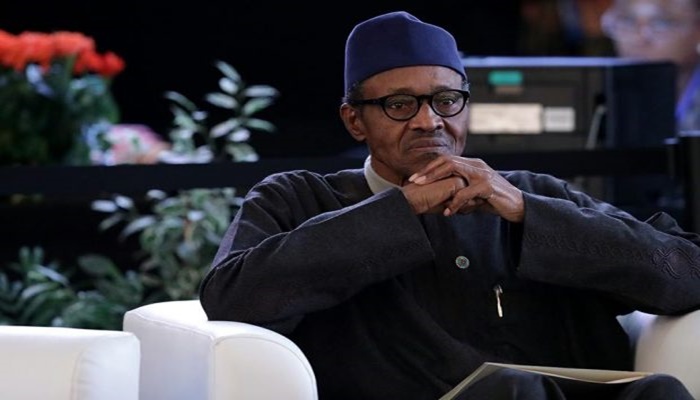ULC strike: Politicians are using Ajaero, Achese to discredit BuharI, says labour group

A civil rights organisation, Dignity in Labour on Saturday added a new dimension to the strike by a faction of the Nigerian labour movement, United Labour Congress, describing it as politically motivated.
The pressure group said that contrary to their claims, the Nigeria Union of Electricity Employees (NUEE), led by Joe Ajearo who also doubles as President of ULC and National Union of Petroleum and Natural Gas Workers (NUPENG), led by Achese Igwe, who is also the Deputy President of ULC, was laced with ethnic coloration and political interest.
While NUEE was demanding a reversal of the privatisation exercise carried out by the Federal Government, NUPENG premised its action on bad roads from depots and petroleum installations.
Speaking during a press conference in Abuja, the Director- General of DIL, Kingsley Adedimeji and Public Relations Officer, Shehu Madaki, called on Nigerians to prevail on Ajaero and Igwe to “save the nation’s labour movement from disintegration.”
The DIL said, “Clearly, there’s more to the strike action that meets the eye as it seems to have political undertone as well as personal scores to settle especially by Joe Ajearo against losing out woefully to Ayuba Wabba at 2015 election of the Nigeria Labour Congress (NLC). It is Instructive to note that Joe Ajearo, after failing to win NLC election as President pulled out to form ULC.
“Our investigations in ULC have revealed that the strike is politically motivated and sponsored by aggrieved politicians to discredit the administration of President Muhammadu Buhari. Having seen that the Indigenous People of Biafra (IPOB) have failed to destabilise the government as planned, the politicians are now sponsoring Joe Ajearo and NUPENG led Achese Igwe to achieve what Nnamdi Kanu IPOB failed to achieve.
“Our people should see the true picture of what is happening and rally round President Buhari to win this war against corruption as corruption is using many fronts to fight back. If we may ask, when government deregulated the petroleum sector and people had to pay more money for petroleum products, why didn’t NUPENG go on strike?
“The answer is simple, their members made more money. Let the public not be deceived that these unions are fighting for them. It’s capital NO. They are only fighting for their pockets and collecting huge sums of money from aggrieved politicians who have stolen our commonwealth and want to destabilise the Buhari’s administration.”
The labour group informed Nigerians that due to the strike action, power generation has dropped from 4,500MW to 3,700MW with NUEE locking out electricity workers and preventing them from getting access to their respective offices, including even those that do not belong to their union.
Reacting to the demand by NUEE for the reversal of the privatisation exercise, Adedimeji said that when the administration of ex-President Goodluck Jonathan carried out the exercise, the monies paid by investors who bought the power assets were used to pay off affected workers.
He said, “Will NUEE and affected workers return the monies they collected ?
Will they pay for penalties that may arise as a result of cancelling the privatization? What signal does government send to investors that it cannot respect agreements entered into. Is this not what led to recent industrial actions by the Academic Staff Union of Universities (ASUU) and National Association of Resident Doctors (NARD) that government don’t keep to agreements?
Speaking on the strike by NUPENG, Madaki said after consultations with NUPENG while preparing the 2017 budget, the Federal Ministry of Power, Works and Housing included petroleum and depot roads that needs intervention in the 2017 budget presented to the National Assembly.
He said, “However it is public knowledge that NASS cut and mutilated the budget for constituency projects. The Executive cried out and an agreement was reached with NASS to send Virement to restore the budget. Till date, the Virement sent by government is yet to receive attention. How can the Ministry proceed to intervene on these roads without a budget? Why did NUPENG not exert pressure on NASS to pass budget on these roads knowing that it affects their members?”






